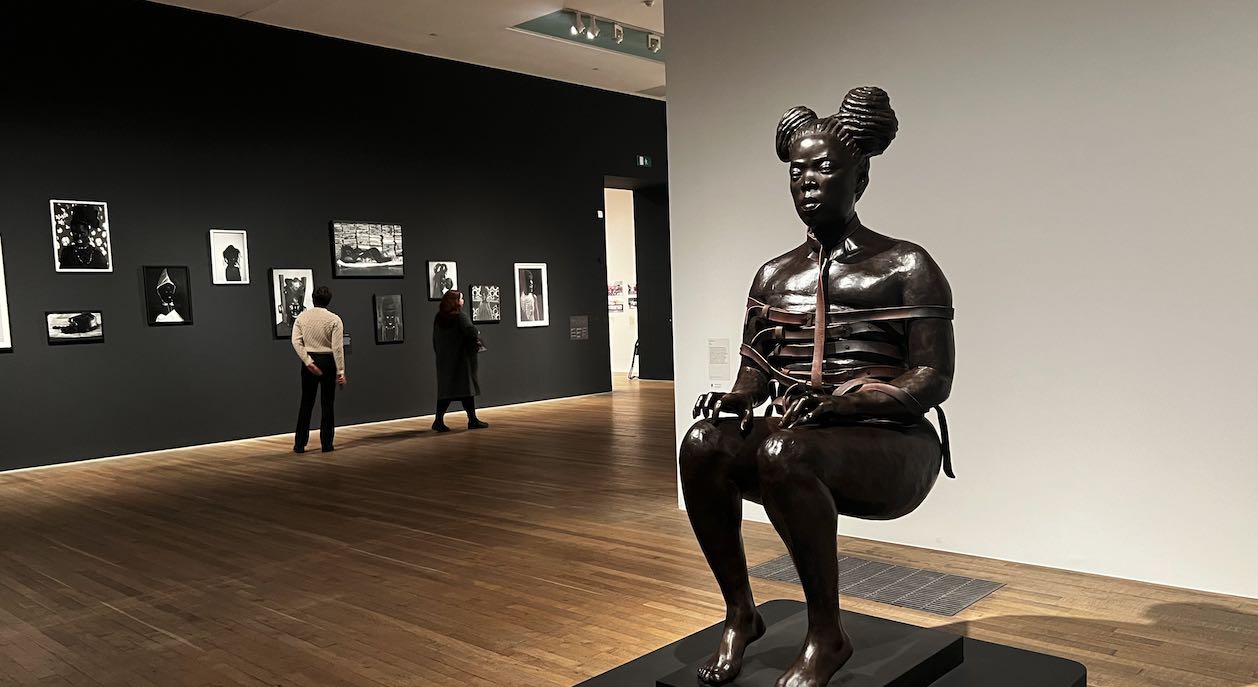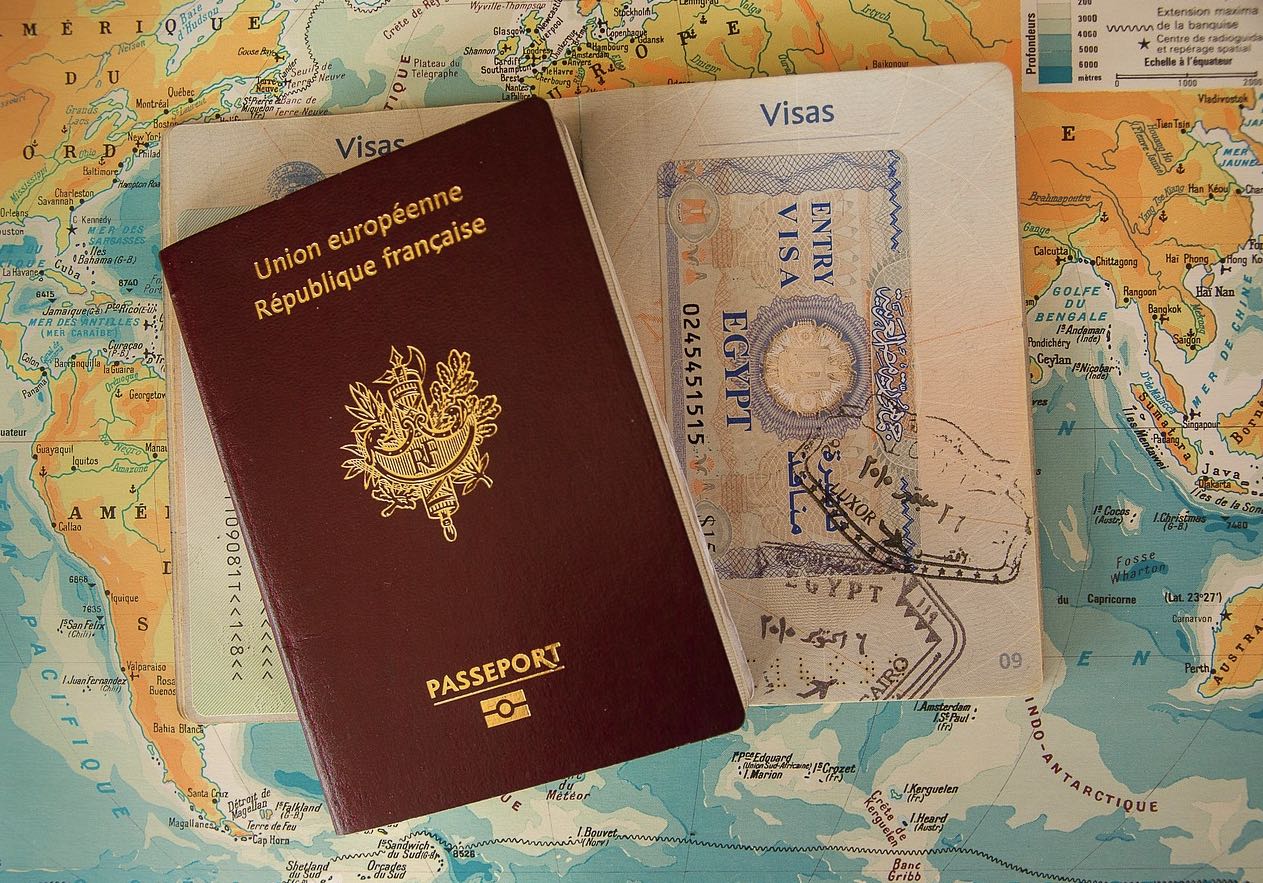Who gets to be seen? Who decides what stories deserve to be told? These questions quietly pulse through the work of internationally acclaimed South African visual activist Zanele Muholi. Their lens, sharp and unflinching, centers lives too often ignored: Black lesbian, gay, trans, queer and intersex individuals — especially those navigating layered identities across race, gender and culture.
For decades, Muholi has built a visual archive rooted in resistance and love. Their photography is not simply documentation; it is activism. And in today’s world — where authenticity can still be a radical act — Muholi’s work resonates with a global urgency.
Recently, three major exhibitions across three continents invited audiences to witness the full breadth of Muholi’s vision. Though now concluded, these shows carried an enduring impact, reflecting their unwavering commitment to visibility, dignity and truth.

At the Tate Modern in London, England (closed January 26, 2025), more than 260 photographs spanned the arc of their career. The exhibition featured Faces and Phases, a powerful series of black-and-white portraits of Black queer and trans South Africans. Each subject faced the camera directly, claiming space and asserting presence. Paired with written testimonies, these portraits formed a living archive — one that both documents and affirms.
Only Half the Picture, an earlier series, juxtaposed intimate images with scenes that spoke to trauma, reflecting the lived experiences of queer communities in post-apartheid South Africa. Despite constitutional promises of equality, threats of violence and erasure persist.
Who gets to be seen? Zanele Muholi’s photographs don’t just ask the question — they demand visibility, dignity and the right to live authentically.
Muholi doesn’t shy away from that complexity — instead, they meet it head-on with compassion and clarity.
Other featured works included Brave Beauties, which uplifts trans women and non-binary individuals who defy conventional beauty standards, and Being, which captures moments of tenderness and love that challenge stereotypes and social taboos. Each image speaks to the right not just to survive, but to thrive.

At the SCAD Museum of Art in Savannah, Ga., U.S.A. (February 24 – July 6, 2025), audiences experienced another expansive survey as part of SCAD deFINE ART 2025. Central to this exhibition was Somnyama Ngonyama, meaning “Hail the Dark Lioness” — a striking series of self-portraits in which Muholi becomes both subject and storyteller. In each image, everyday objects were reimagined as armor, protest or regalia. Through heightened contrast and visual symbolism, the portraits challenged racism, labor inequity, colonial legacies and the politics of representation. This show also debuted new self-portraits in lightbox format, deepening the viewer’s encounter with identity as luminous, constructed and unapologetically personal.
Meanwhile, the Instituto Moreira Salles in São Paulo, Brazil (February 22 – June 15, 2025) presented Zanele Muholi: Courageous Beauty, a retrospective curated by Daniele Queiroz and Thyago Nogueira. Alongside foundational series like Faces and Phases and Somnyama Ngonyama, the show featured previously unseen works created during Muholi’s time in Brazil. Here, the conversation expanded, threading together experiences across continents and cultural contexts.
From Europe to the Americas, these exhibitions collectively served as a global act of witness. They offered visibility to communities routinely marginalized, while also speaking directly to those who navigate cultural hybridity — third-culture individuals, diasporic bodies and multicultural audiences who live between worlds.
Muholi’s work resonates deeply with people whose identities are layered and often misunderstood. Their photographs challenge the gaze — inviting some to see themselves for the first time and asking others to confront what they’ve been conditioned to overlook.
Even beyond the galleries, Muholi’s global presence sparks dialogue. In Rotterdam, the unveiling of their statue near Central Station stirred resistance, with some questioning the decision to honor a queer Black artist in such a prominent space. But that discomfort, that tension, is the point: Liberation doesn’t come without resistance. And occupying space — whether through sculpture, portraiture or public memory — is itself an act of defiance and cultural reclamation.

Muholi’s work transcends photography. It is a form of truth-telling. A call to embrace complexity. A refusal to flatten humanity into categories that erase rather than expand.
For those of us who live at the intersections — where language, skin, gender and geography blur and blend — their images feel like home. They reflect a world we know intimately: one filled with contradiction, beauty, pain and joy. Through their lens, Muholi invites us not just to look, but to truly see — and in doing so, to understand that authenticity is not a luxury, but a right.


















